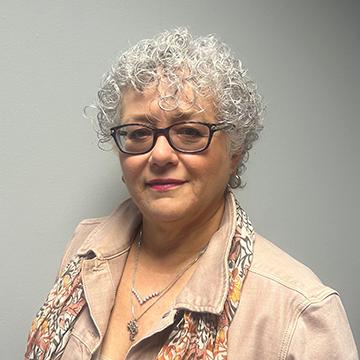New Jersey’s upcoming legalization of adult use of cannabis paves the way for state lawmakers to begin the process of establishing rules related to regulating and testing cannabis, as well as issuing licenses, including how many permits to grant — and to whom. These measures need to be in place before adults can actually purchase cannabis legally for adult use. The measures also need to be in place to stop police from continuing to arrest people for possession. The State legislature is hoping to accomplish the task before January 1, 2021 when the constitutional amendment takes effect.
In anticipation of these changes, the New Jersey Supreme Court has said in a recent Notice to the Bar that, “the need for attorneys to provide representation and advice regarding those changing laws gives rise to a new array of professional responsibility considerations for attorneys.” Therefore, it has amended the Rules of Professional Conduct, and in particular RPC 1.2(d) to keep pace with this changing legislative landscape.
RPC 1.2(d) is the rule of professional conduct that prohibits an attorney from counseling or assisting a client in conduct the lawyer knows to be illegal, except to counsel the client in a good faith effort to understand the law. The change now allows the Firm to counsel its clients regarding New Jersey’s laws with respect to the cannabis industry and goes even further, by allowing the Firm to assist clients in understanding the laws of other states provided the lawyer providing the advice is authorized to practice in those states. Finally, the rule makes it clear that the Firm and its lawyers shall advise clients regarding federal law and policy which is often at odds with state law when it comes to the use and decriminalization of cannabis. This is incredibly important as it is not anticipated that Congress will have any momentum to bring forth a federal analog to New Jersey’s (and other states’) legislation legalizing cannabis adult use.
If you have any questions regarding this information or the Firm’s Cannabis Practice Group, do not hesitate to contact Francis J. Leddy, III, Esq. at fleddy@c-wlaw.com.
